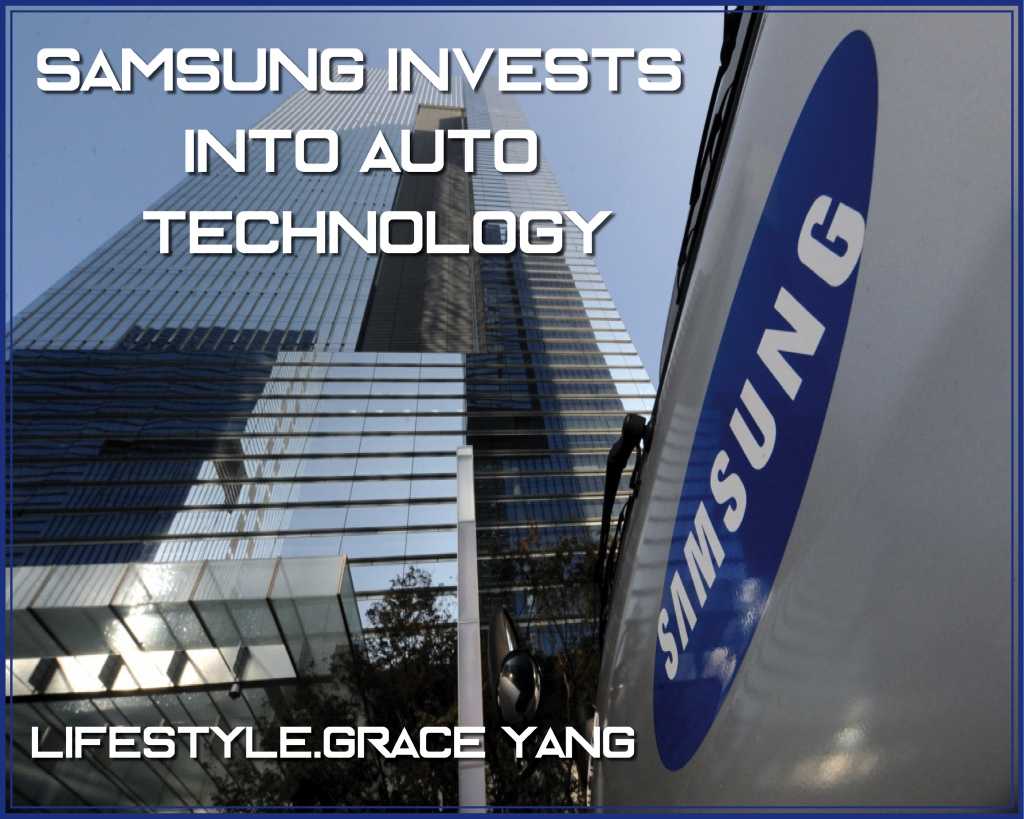It appears like smartphones and televisions will not be the only gadgets with Samsung logos plastered on them. On Nov. 14, 2016, Samsung Electronics announced that it would be buying the Harman International Industries, an American automotive technology company, in an eight billion dollar deal in order to push into a whole different area of auto-technology.
“Samsung seems to be taking over everything,” said Judy Moon (11), a former Samsung phone user. “When people think of Samsung, most frequently, they refer to either Galaxy smartphones or home appliances. The fact that the company is reaching out even to automobile industries definitely indicates some more global progress.”
Renowned for its sophisticated in-vehicle technology such as car audio systems under brand names such as Harman Kardon and JBL, the Harman International Industries primarily appealed to Samsung with its car business. Harman will operate to supply Samsung’s auto-technology with navigations services, onboard entertainment systems, and its general smart connectivity with the world. Being the first launch in the field of car mechanization, Samsung has decided to incorporate one of the leading electronic device companies to ensure its success.
“I think it was a pretty smart move for Samsung to hold hands with Harman,” said Lena Park (10), another former Galaxy phone user. “Although Samsung is known for its mobile technology, it would certainly lack specific elements that automobiles require compared to top car companies. By cooperating with one of the greatest car audio companies, Samsung will not only be able to start out strong but also set a clear course for building automobiles in the future.”
Prior to Samsung and Harman, other major companies, such as Avago Technology and SoftBank of Japan, have also been betting on incorporating these smart gadgets into automobiles. Under this new vision of connectivity and “smart” technology, everything ranging from home refrigerators to front door locks can be collectively controlled through cars with a few simple touches on a smartphone. Such implementation of more smart computers in cars can not only give Samsung a stake in the auto-technology industry boom but also offer some insights into what Samsung needs to learn regarding the whole process of automating cars.
“Most likely Samsung will dominate the auto-technology industry once it sets on a right path,” said Nuri Choi (11), a Galaxy phone user. “But I do not think it’s a necessarily a good idea for Samsung to focus too much on this new outset as it is possible that their stamina for mainly producing the mobiles and home appliances can break down any soon.”
Although Samsung has largely benefited from investing into this auto-technology, the company still faces some hardships in selling its own smartphones, which used to make up for the majority of its market profit. With the recent halt of the Galaxy Note 7 production, Samsung lost around two billion-dollars. In an effort to make up for its losses, Samsung is pouring energy into the deal with Harman, which is expected to close sometime in the middle of this year.

